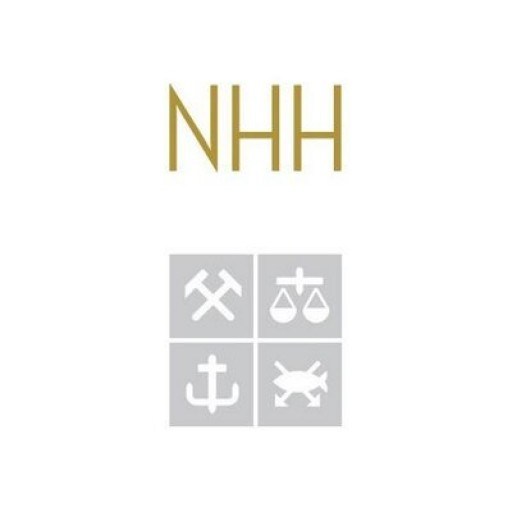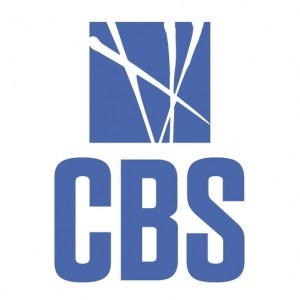Economics at UiT The Arctic University of Norway offers a comprehensive and rigorous education designed to equip students with a deep understanding of economic theories, analytical methods, and practical applications relevant to both national and global contexts. The program emphasizes critical thinking, quantitative analysis, and a solid foundation in microeconomics, macroeconomics, econometrics, and specialized fields such as development economics, environmental economics, and international economics. Students will explore the complex interactions within markets, assess economic policies, and develop the skills necessary to analyze economic challenges facing societies today. The curriculum integrates theoretical coursework with real-world case studies and research projects, fostering the ability to apply knowledge in dynamic and diverse environments. Throughout the program, students have opportunities for internships, participating in research activities, and engaging with industry professionals, which provide valuable insights into economics-related careers. The program is designed to prepare graduates for a wide range of roles, including policy analysis, banking and finance, consulting, international organizations, and academic research. With a focus on sustainability and regional development, the economics program at UiT also encourages students to consider the unique economic issues relevant to Northern Norway and Arctic regions. The department's faculty comprises experienced researchers and practitioners dedicated to maintaining high academic standards and supporting student success. Graduates of the program will be well-equipped with analytical skills, economic literacy, and practical experience necessary to address complex economic issues and contribute to sustainable development locally and globally.
The Bachelor's degree program in Economics at UiT The Arctic University of Norway provides students with a comprehensive foundation in economic theory, quantitative methods, and real-world applications. The program is designed to equip students with a deep understanding of how markets operate, the role of government and institutions in economic development, and the analytical skills necessary to interpret complex economic data. Throughout the coursework, students explore a wide range of topics, including microeconomics, macroeconomics, international economics, and regional development, all tailored to the Arctic context and global economic environment.
The program emphasizes critical thinking, problem-solving, and the ability to analyze economic issues from multiple viewpoints. Students gain practical skills through case studies, research projects, and internships, preparing them for diverse career opportunities in private enterprises, public agencies, international organizations, and research institutions. Additionally, the program incorporates modern economic theories and methodologies, such as econometrics and statistical analysis, ensuring graduates are well-equipped to conduct rigorous economic research and policy analysis.
Courses are structured to facilitate an active learning environment, combining lectures, seminars, group work, and individual projects. The program also offers opportunities for specialization in areas like environmental economics, development economics, or regional economics, allowing students to tailor their education according to their interests and career goals. The faculty members are renowned experts in their fields, committed to fostering an engaging academic atmosphere that encourages innovation and critical inquiry.
Students enrolled in the program benefit from UiT’s extensive network of industry contacts and research collaborations, both within Norway and internationally. The unique Arctic perspective of the university adds a distinctive dimension to economic studies, exploring issues relevant to Arctic sustainability, resource management, and indigenous economic development. Graduates of this program will possess a strong theoretical foundation complemented by practical skills, enabling them to analyze economic challenges and contribute to sustainable economic growth in a rapidly changing world. Whether pursuing further studies or entering the workforce, students will find themselves well-prepared to make informed decisions and influence economic policy at local, national, and global levels.
Financing for the Economics program at UiT The Arctic University of Norway is primarily provided through a combination of government funding, tuition fees, and financial support schemes. The university is primarily financed by public funds allocated by the Norwegian government, which ensures that core academic activities, including tuition for Norwegian and EU/EEA students, are covered. For non-EU/EEA students, tuition fees are applicable, and these fees vary depending on the specific program and level of study.
Norwegian students, as well as students from the EU/EEA, benefit from the country's generous student loan and grant system managed by the Norwegian State Educational Loan Fund (Lånekassen). This financial aid supports students by providing a combination of loans and grants to help cover living expenses and, in some cases, tuition fees. The grants are awarded based on academic progress and other eligibility criteria, making higher education accessible for many students.
International students from outside the EU/EEA are required to pay tuition fees, which differ depending on the program. UiT offers various scholarship opportunities aimed at reducing the financial burden for talented international students. These scholarships can cover part or all of the tuition fees, and some may include stipends or allowances to support living costs. It is recommended that prospective students explore the university's scholarship programs, financial aid options, and external sources of funding such as private grants and sponsors.
Students are encouraged to seek part-time work opportunities within Tromsø, where the university is located, as a means to supplement their income. The cost of living in Tromsø is relatively high compared to other regions, which underscores the importance of comprehensive financial planning by students.
For Norwegian students, educational debt can be managed through the aforementioned Lånekassen system, which offers favorable repayment terms and flexible loan conditions. International students should plan their finances accordingly, considering tuition fees, accommodation, insurance, books, and daily expenses.
In summary, the financing of the Economics program at UiT The Arctic University of Norway is supported through Norwegian government funding, student financial aid via Lånekassen, tuition fees for non-EU/EEA students, and various scholarship opportunities. Additional support may be available through external grants and part-time employment, ensuring that students have multiple avenues to finance their education and living costs during their studies.
The Bachelor's degree in Economics at UiT The Arctic University of Norway offers students a comprehensive education in economic theory, quantitative methods, and applied economics. The program is designed to equip students with a solid foundation in microeconomics, macroeconomics, and economic analysis, providing them with the analytical skills necessary to understand complex economic issues at local, national, and global levels. Throughout the course, students engage with current economic challenges, such as sustainable development, labor markets, fiscal policies, and international trade.
The curriculum combines classroom lectures, seminars, and practical exercises, emphasizing both theoretical understanding and empirical skills. Students gain proficiency in statistical and econometric methods, enabling them to analyze economic data effectively. The program also encourages critical thinking and problem-solving, preparing graduates for careers in public administration, consultancy, finance, or further studies at the master's level.
UiT's strategic location in northern Norway offers unique perspectives on regional economic development, resource management, and Arctic economics, enriching the learning experience with regional case studies. The program features opportunities for internships, research projects, and international exchanges, promoting practical experience and global perspectives. Graduates of the Bachelor's in Economics can pursue master's degrees in economics, business administration, or related fields, further enhancing their expertise and career prospects. The program is structured to meet international standards and aims to produce graduates capable of addressing real-world economic issues with a critical and analytical approach.










